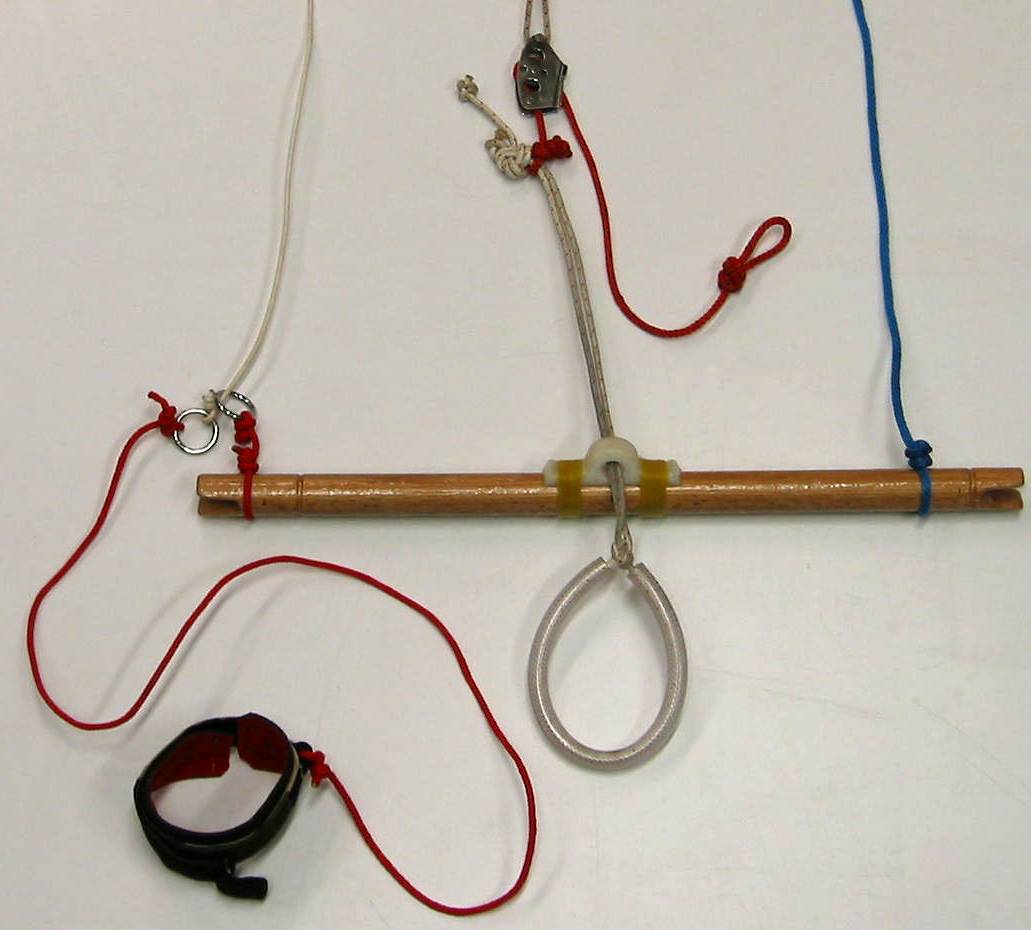The Story Behind the Chicken Loop: How It Got Its Name
If you're into kiteboarding, you’ve probably heard of the “chicken loop”—a key component of modern kiteboarding gear. But why is it called that? Let’s dive into the origin of this quirky name and understand its significance in the sport’s evolution.
From 2-Lines to 4-Lines
In the early days of kiteboarding, kites used a 2-line system. This setup required riders to handle all the power directly through their grip on the bar, making it challenging to manage the kite’s power and control. With the advent of 4-line kites, kiteboarding took a leap forward. The extra lines allowed riders to adjust the kite’s angle of attack, providing greater control and the ability to manage the kite’s power more effectively.
The Birth of the “Chicken Loop”
The chicken loop is a crucial part of this 4-line system. It’s the loop on the bar that connects to the rider’s harness and allows for adjusting the kite’s power by changing its angle. This innovation greatly improved the ease of managing kite power.
The term “chicken loop” emerged as a playful nod to the new technology. The name “chicken” was used humorously to imply that riders opting for the more controlled 4-line setup were being “cautious” or “chicken” compared to the more raw, hands-on experience of the 2-line kites. The “loop” part simply refers to the looped component of the system that connects to the harness.
Why It Matters
While the chicken loop's name might have started as a bit of playful banter, it signifies a significant advancement in kiteboarding. The ability to adjust the kite’s power more precisely has become a standard feature, enhancing both control and safety.
So, next time you’re out on the water and hook into your chicken loop, you’ll appreciate a bit of kiteboarding history—a reminder of how the sport evolved and how even its names can carry a touch of humor and innovation.

